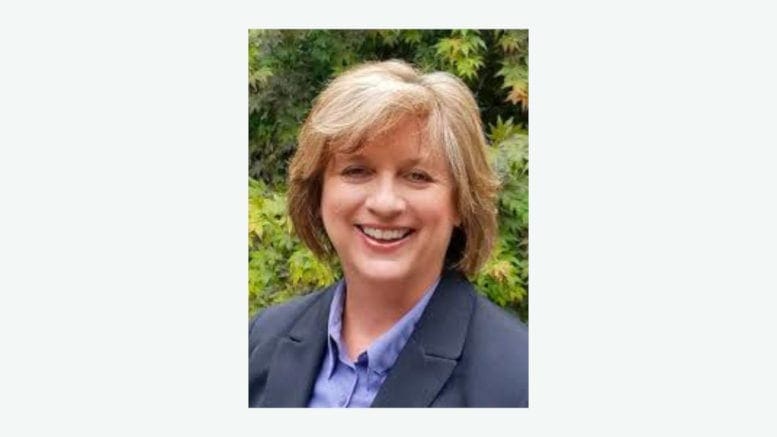by Melanie Dallas, LPC
Whenever I have the opportunity to go out and speak about Highland Rivers Behavioral Health services – to a community group, local elected officials, or community partners – invariably, someone will come up to me afterwards and say, “Wow, I had no idea Highland Rivers did all that!”
For that reason, from time to time I like to write about some of our specific programs, and in the past have written about our community-based services, peer services, youth services, services for individuals with disabilities, and much more. I do this not to ‘advertise’ our services, but because I want everyone to be aware of the important resources available for individuals and families who may have limited income, who are uninsured, or who have Medicaid or Medicare. As a Community Service Board and safety-net provider, these are Highland Rivers’ priority populations.
One service people may not realize Highland Rivers offers is residential substance use treatment, and we have several programs: Women’s Outreach, a 38-bed program for women, in Floyd County; Mothers Making a Change, a 20-bed program for women, in Cobb County; Highland Recovery Center, a 20-bed program for men, in Pickens County; Recovery in Motion, a 12-bed program for men and women, in Cobb County; and the George Hartmann Center, a 25-bed co-ed program for youth ages 13-17, in Cobb County. These programs are open to anyone living in the counties served by Highland Rivers.
These programs are comprehensive, and somewhat longer than you might expect. You may have heard about 30-day rehab programs, but we know that 30 days may not be enough. For example, many of the individuals who come to our residential programs have co-occurring mental health conditions, and may have started using substances to self-medicate, to manage the symptoms of their mental illness. So while stopping using substances is critical, it is also important for people to receive treatment for mental health conditions.
Likewise, sometimes women in our women’s programs have had children placed in foster care and need to work with their therapists, DFCS and the courts to be secure in their recovery in order to have their children returned. Some in our programs need help finding a job, or finding a safe and affordable place to live when they are ready to return to the community. These things take time.
One of the biggest challenges people face when leaving residential treatment is navigating relationships with friends and family members – especially those they may have used substances with in the past. In order to sustain recovery, individuals must know how to set boundaries, to identify – and manage – situations that may increase their risk of relapse, and how to cultivate new support networks. These are all skills, often new skills, and learning them is a critical part of the recovery process in our residential programs.
For these reasons, Highland Rivers’ residential substance use treatment programs are typically six to nine months (children under 13 can stay with their mothers at the women’s programs, which also provide therapeutic childcare and transportation to school). Those who complete the programs also participate in intensive outpatient services for up to six months.
One the most important things to know about these programs is through a combination of state and federal funding, there is no cost to participants; however, there are income, diagnosis and other guidelines individuals must meet in order to qualify. Still, this is a great investment – individuals who are able to live in recovery can hold a job, pay rent, go to school, raise a family and be productive members of their community. And that is the ultimate goal of all of Highland Rivers’ programs and service
If you or someone you know might need substance use treatment services but may be uninsured or facing other challenges, call Highland Rivers Behavioral Health at (800) 729-5700.
Melanie Dallas is a licensed professional counselor and CEO of Highland Rivers Behavioral Health, which provides treatment and recovery services for individuals with mental illness, substance use disorders, and intellectual and developmental disabilities in a 13-county region of northwest Georgia that includes Bartow, Cherokee, Cobb, Floyd, Fannin, Gilmer, Gordon, Haralson, Murray, Paulding, Pickens, Polk and Whitfield counties.
